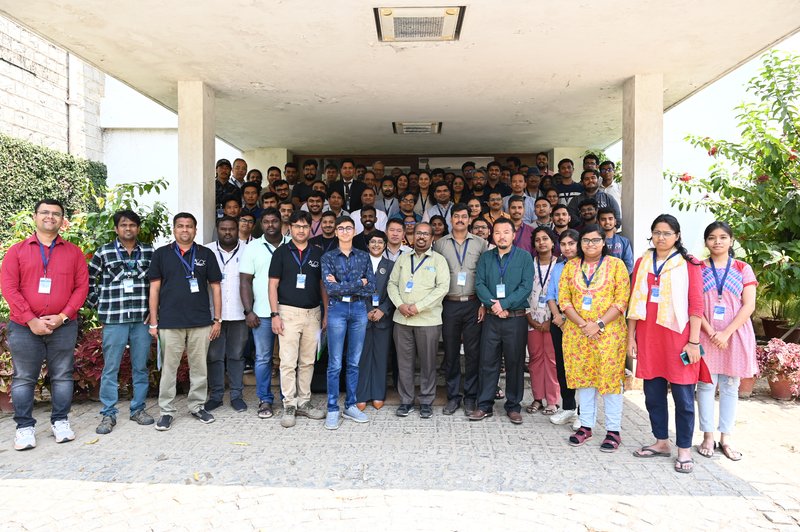
Astro-tourism is becoming increasingly popular in India and globally, and along with its objective of popularising the night sky with tourists, many such initiatives also serve to further the socio-economic development of local communities residing in dark sky locations. The first officially notified dark sky region in India, which also follows such a model, is the Hanle Dark Sky Reserve centred around the IIA's Indian Astronomical Observatory, which was notified in December 2022.
There is an increasing awareness by many amateur astronomy groups as well as governmental organisations that there is substantial potential for the development of Astro Tourism in various parts of the country. Hence, there is a need for collaboration and coordination among various astro-tourism initiatives. This involves sharing experiences and mutual learnings, developing training workshops for prospective astro-tourism guides, establishment of standardised practices, etc.
Over the past decade, In addition to astro-tourism, many amateur astronomers in India have grown to become 'astro-entrepreneurs', and organise astronomy events for schools and for the public for a fee. Some of them practise cross-subsidy models which enables them to conduct some events without charges as well. In addition, India also has a large number of science communication groups who have been carrying out astronomy outreach on a voluntary basis for a few decades. With increasing interest in astronomy activities among schools across the country, there is a need to bring stakeholders together to discuss the various issues involved, viz., supporting voluntary efforts as well as individual start-ups, different financial models, reaching under-represented groups and under-funded schools, etc.
Further details of the conference can be found here.